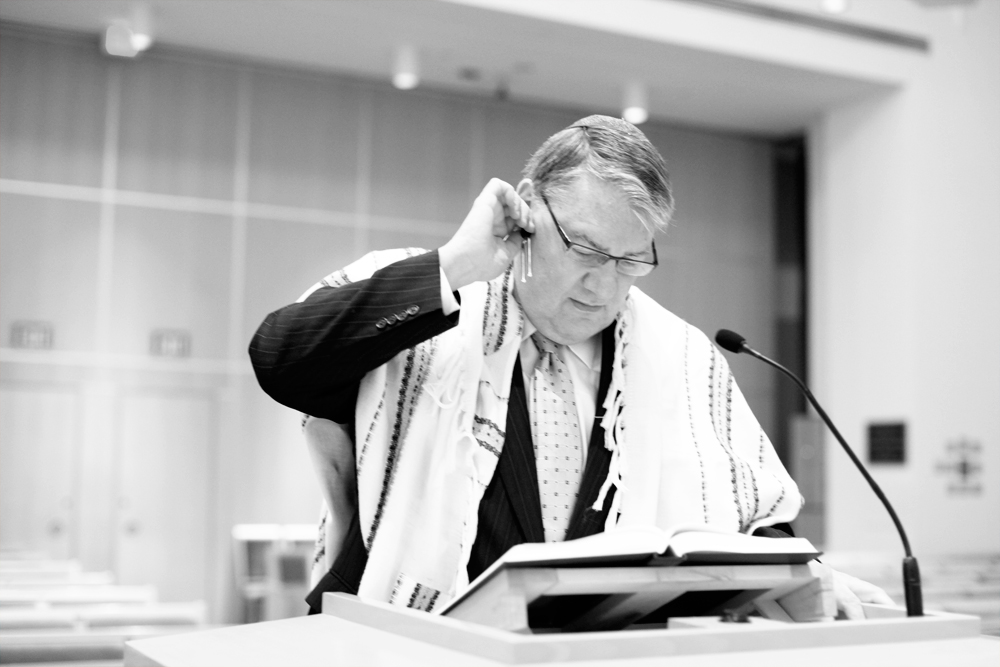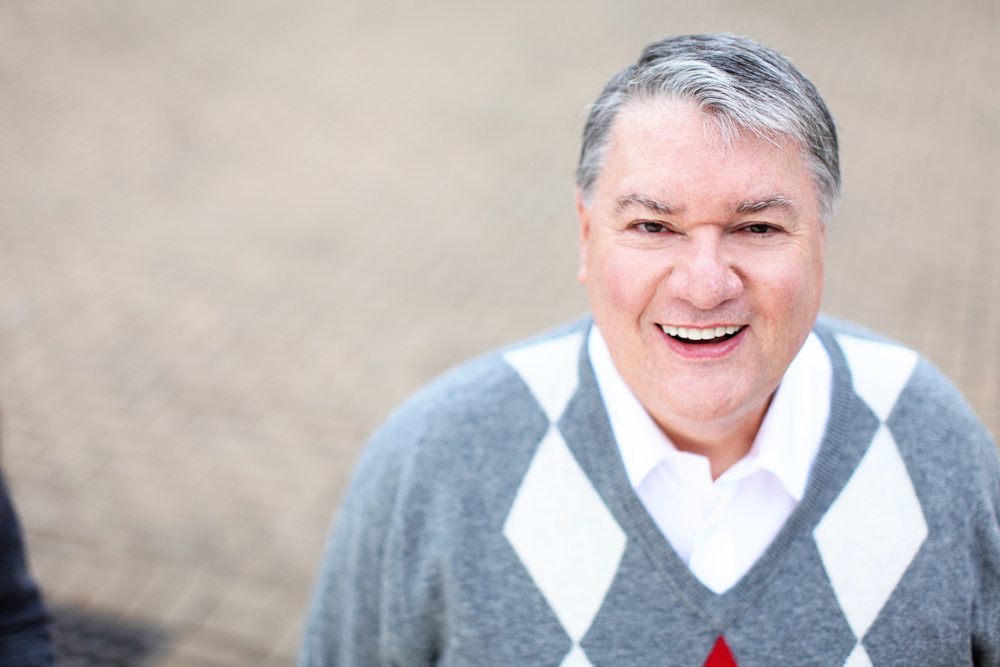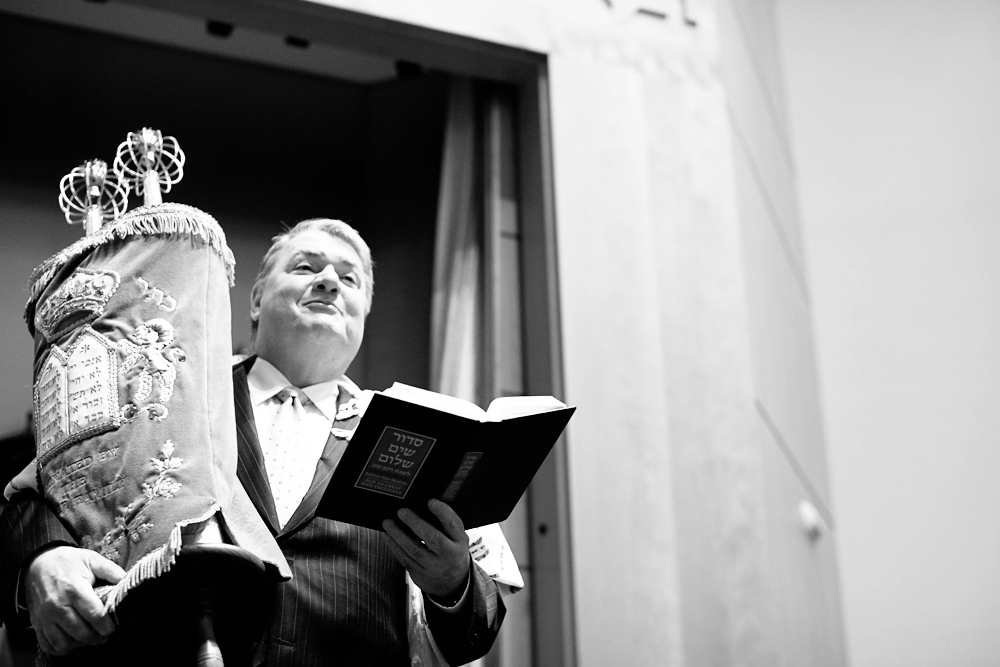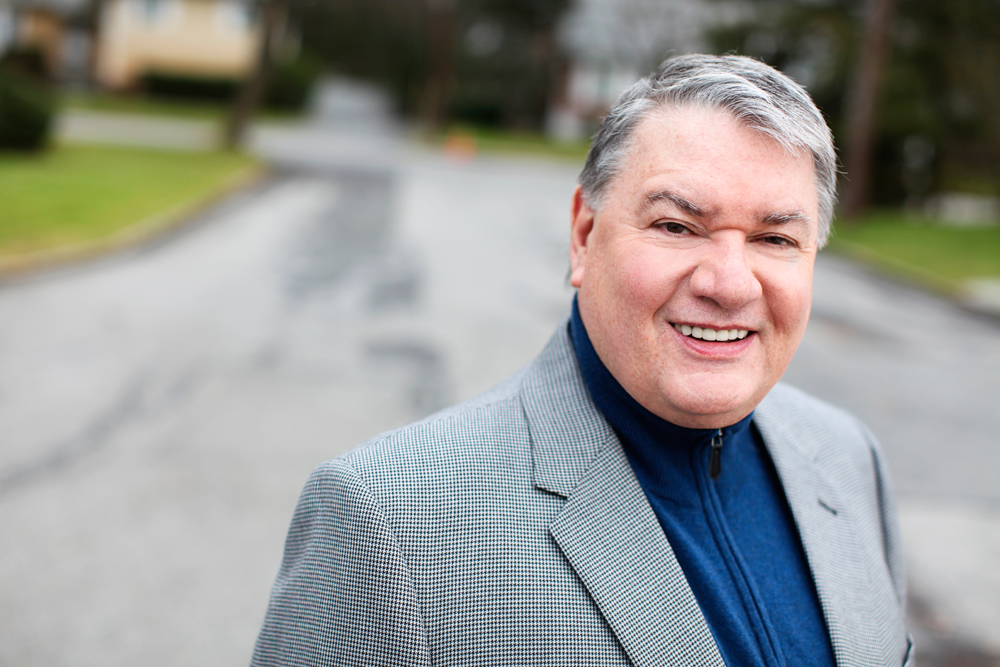Installation
I was born in a strange land; called Borough Park, Brooklyn, 1946. I grew up in the ’50’s, witnessed the birth of Rock and Roll, rooted for the Dodgers. When Jackie Robinson went into a slump, we went to Synagogue and prayed. We were Jews. We knew about discrimination. We felt for the man. He became our hero. So we prayed. In our Orthodox community we had a special way of praying. We were led by a Cantor. His name was Moshe Koussevitsky. He had a voice of pure gold. We loved him, just like we loved Jackie Robinson. When Jackie would play we all watched, but we didnt just sit there. We jumped out of our seats when he stole a base. We pumped our fists when he hit a homer. With Koussevitzky we didn’t exactly pump our fists when he sang, but we were plenty active. He’d sing a phrase, we’d here a chord in our heads, he would pause, and the entire congregation would start humming, like bumblebees. Here; let me show you. (Demonstrate)
One of the highlights of the Rosh Hashanah service was in the Zichronot section, prayers of remembrance. My heart yearns for Ephraim my son. (Ephraim metaphorically meaning the children of Israel) I will have compassion for him says the Lord. (Bring up Arik to sing)
Going to Shul for us was like an event! What repertoire was Kussi gonna sing today? Was he gonna go for that spectacular high note in the Kedusha prayer? Our family favorite was the Shehecheyanu prayer that he and the choir would sing on festivals. The music wasn’t great in any classical sense, but it sure was fun!
Everybody in the neighborhood loved Cantorial music. The bus drivers. The plumbers, the waiter in my fathers deli, who by the way was a Giants fan.
I had no idea I was witnessing the end of an era. This Golden age of Cantorial music died before my eyes. There were many reasons for that, and I won’t address them at this moment, but I will say that it set me on a mission. My entire professional life became dedicated to preserving this art form for the coming generations. I became a teacher of Hazzanut. Chazzonis. Cantorial music. I was invited to teach at my alma mater, the Hebrew Union College School of Sacred Music, now the Debbie Friedman School of Sacred Music in 1980, and have been on the faculty ever since.
That’s where I met your Cantor Arik Luck. I always teach the first day of class by rote. I figure most of these kids haven’t heard this type of music before, so I’ll have them repeat after me, so they can get the inflections right off the bat, by ear. So I’m singing to them and their singing to me, and their’s this sound coming from a kid in the back. It’s THAT sound. It’s an ethnic sound. A Jewish ethnic sound. YOU know, the sound that you really can’t teach. The one with the built in tear…, Who IS this kid? (Sigh) Every now and then I get a sign from heaven. A sign that signifies I’m not doing this for nothing. Like there really IS a chance that my beloved art form won’t die in my generation. Such is the talent of Your Arik Luck.
I know how excited you feel about assuming this post here, at one of the most prestigious pulpits in America, Congregation Emanuel of San Francisco. I know how grateful you are for the beautiful way in which you and your beloved family have been made to feel so welcome.
Everyone here knows that it is not just your talent that you bring to the table. We all know that your heart is as big as your voice. I know that the love that you will share with your congregants of all ages will reveal itself as a teacher, pastor, and friend. And yes, let’s not forget about that big warm voice. My dear friends, know that when Arik is praying, no matter if it’s the music of a Moishe Oysher, a Josh Nelson, or a Debbie Friedman, the ring of Jewish authenticity will emanate from that voice, from that soul.
At the end of the service you will hear the words of the priestly blessing. Allow me to assume my privilege as a priest, a Cohen to sing this version of that text composed by my mentor, the Cantor’s Cantor, Moshe Ganchoff, and handed down to you now. Arik Luck, Cantor in Israel. Cantor of Temple Emanuel.




